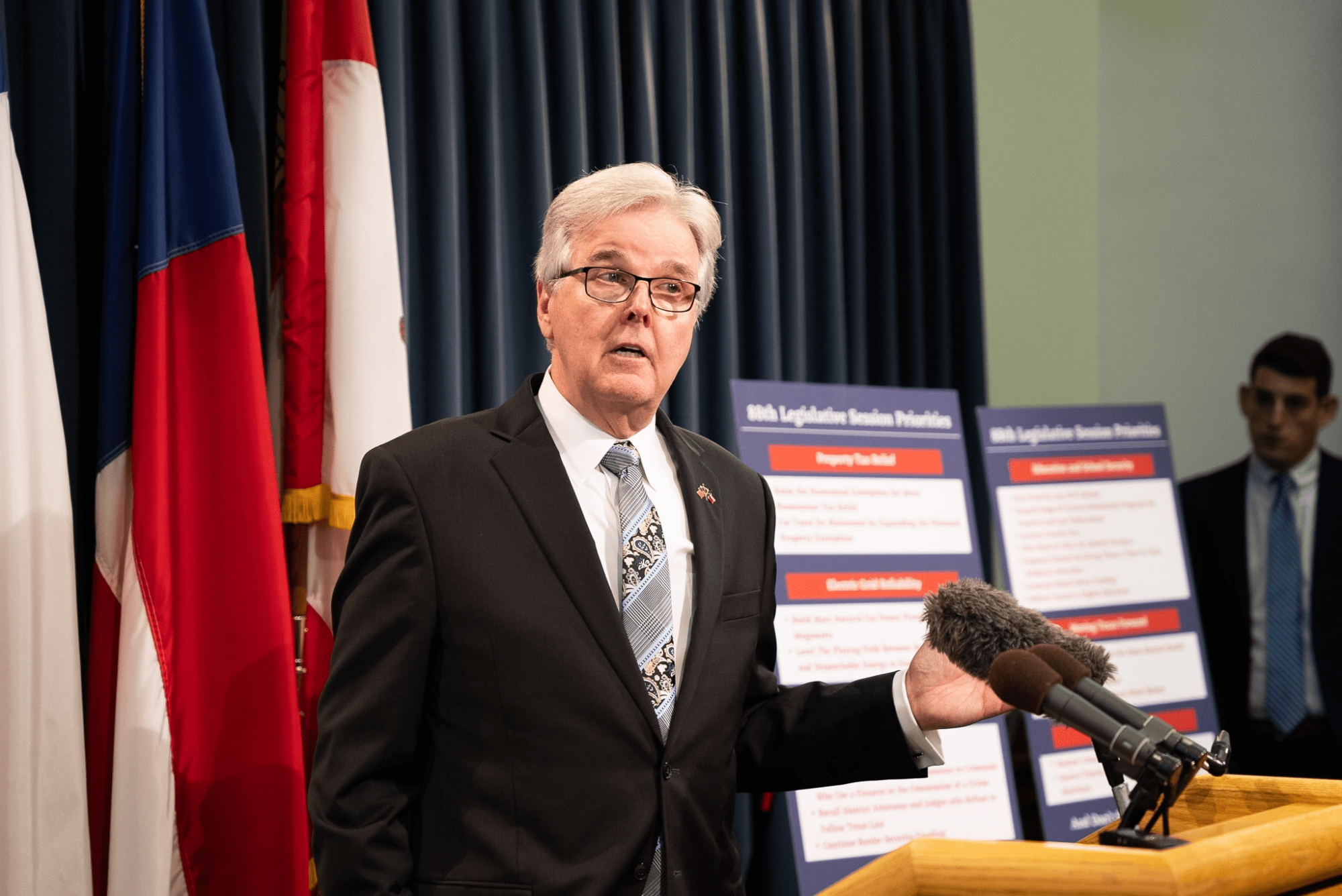Everyone agrees voter participation in Texas could, and should, be better. So why does the Texas Legislature allow taxing entities to hold “special” elections on irregular dates that depress voter participation?
Holding elections at times other than a uniform election date — essentially “hiding the vote” — discourages general voter participation. Data shows elections held on nonuniform dates draw fewer voters, often far fewer. A tax rate election held this August by Lancaster ISD, for example, drew a dismal voter turnout of 2.5 percent.
“If you have elections that few people know about, it’s like you’re trying to avoid the voters,” State Rep. Mike Schofield (R–Houston) observed.
Inundating voters with extra elections every year also causes voter fatigue, which further discourages participation. Often special elections are held less than two months before the November general election.
Elections held on special dates cost taxpayers more money too. Hiding the vote forces taxpayers to shoulder the bill for conducting separate elections that could have been included on a November ballot for pennies on the dollar.
At worst, tax-raising bureaucrats can use “hide the vote” tactics to actively manipulate election results. By setting “specially picked, low-turnout election days in the dog days of summer,” State Sen. Paul Bettencourt (R–Houston) says, taxing entities are limiting the electorate to a smaller base of voters, one in which government employees and bond beneficiaries make up a greater proportion of the voter pool. Nonuniform election dates allow local officials to cherry-pick voters sympathetic to their tax-hike and debt proposals.
Bettencourt has said he intends to file legislation requiring all tax-related elections to be held on a uniform election date, with the goal of enhancing voter engagement in local government decisions about budgets and property tax rates.
“Anything that changes a tax rate has to be voted on in November,” he said. Given that officials elected to cities, counties, school boards, and other local taxing entities are the ones who initiate tax-rate changes, legislators should require those officials’ elections to be in November as well.
State Rep. Mike Lang (R–Granbury) has already filed a bill for the 86th legislative session mandating uniform election dates.
Such legislation should have bipartisan support. Following the September 18 election of Republican Pete Flores in State Senate District 19, Texas Democrat Party Chairman Gilberto Hinojosa complained Republicans “stole” the election by setting a date “that would guarantee low voter turnout.” Only 2.1 percent of eligible voters participated in that special election.
Holding elections on uniform election dates is good for voters and taxpayers, and good for the democratic voting process. Barring unforeseen vacancies or emergency circumstances, citizens should demand all general elections, tax increases, and debt elections be held on November uniform dates so voters can expect them and participate in the process.
Conservative lawmakers have already committed to ending low-turnout nonuniform elections this session. Legislators can act to improve participation in elections that impact the burden on taxpayers and put an end to voter fatigue. It’s up to Texas taxpayers to ensure they do. Texans deserve uniform elections.





